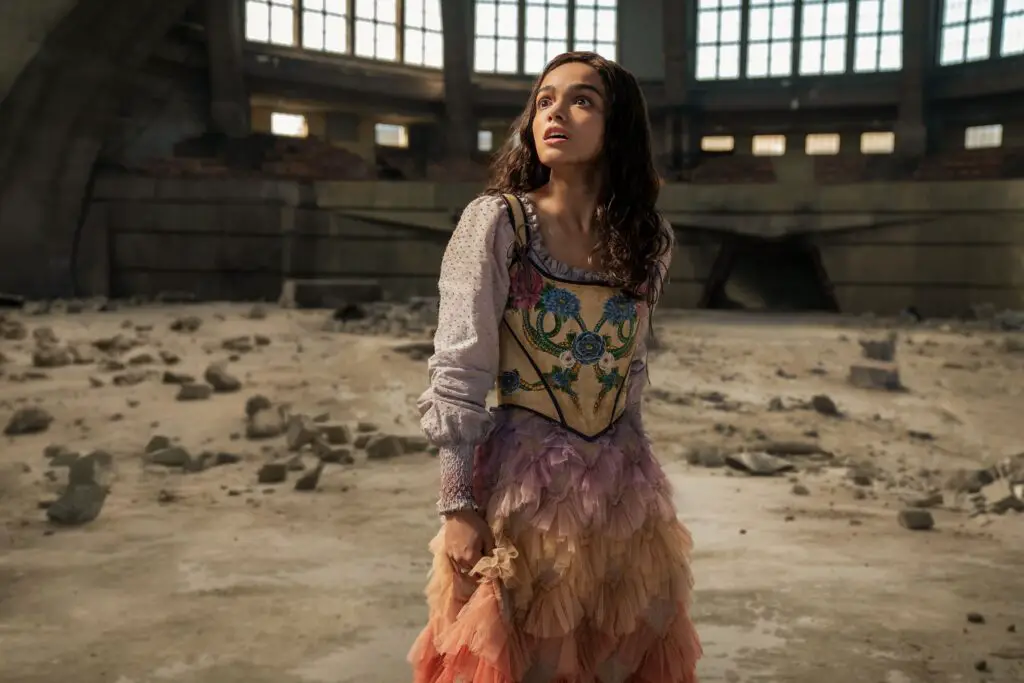Once again, the Hunger Games universe has proven its enduring appeal as “The Hunger Games: The Ballad of Songbirds & Snakes” dominated the weekend box office, outshining “The Marvels.” It’s been eight years since the conclusion of the Hunger Games series, and this prequel, directed by Francis Lawrence, marks a significant return. Despite opening to a lower figure of $44 million compared to the original series’ openings, this performance is commendable, especially considering the current market conditions and the film’s $100 million budget. This opening suggests a positive trajectory for Lionsgate, forecasting that the film could gross over $100 million in North America alone.
‘The Marvels’ Stumbles: A Comparative Analysis
In stark contrast, “The Marvels,” the 33rd film in the Marvel Cinematic Universe (MCU), witnessed a rather underwhelming debut. Garnering only $47 million domestically in its opening weekend, it significantly lagged behind its predecessor, “Captain Marvel,” which opened to $153.4 million. This performance raises critical questions about the future trajectory of the MCU and the broader appeal of superhero films. Despite the film’s efforts towards inclusivity, with Nia DaCosta as the first Black woman to direct an MCU film, it has struggled to meet industry expectations, amassing a total of $63.3 million internationally against a budget of approximately $200 million. The disparity in critical and audience reception, coupled with other contributing factors like pandemic-related changes in audience behavior and potential superhero content saturation, have made “The Marvels” a subject of intense industry analysis.
Conclusion: The Evolving Box Office Landscape
The contrasting performances of “The Hunger Games: The Ballad of Songbirds & Snakes” and “The Marvels” at the box office reflect the evolving dynamics of the film industry. While the former managed to secure a strong opening, reaffirming the popularity of the Hunger Games franchise, the latter’s struggle highlights the challenges faced by even well-established franchises like the MCU. These developments underscore the changing preferences of audiences and the impact of various external factors on film reception and success.


